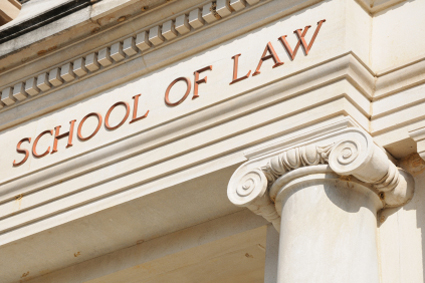
Improving the Life Chances of Care Leavers
July 25, 2024
Do’s and Don’ts in Your First Year of Law School
July 25, 2024Article written by Inaya, 2nd year LLB.
As a law student, one of the most critical decisions you’ll face is choosing a specialisation. The legal field is vast, offering numerous paths that cater to different interests, skills, and career aspirations. Each specialisation requires unique expertise and offers distinct opportunities and challenges. This article delves into a few prominent legal specialisations, providing an overview of what each entails and helping you navigate your career choices.
Corporate Law
Corporate law, also known as business law, involves advising businesses on their legal rights, responsibilities, and obligations. Corporate lawyers handle matters such as mergers and acquisitions, corporate governance, compliance, and contract negotiation. This specialisation requires a strong understanding of business operations and finance, as well as excellent negotiation and problem-solving skills. Corporate lawyers often work in large law firms or as in-house counsel for corporations, playing a pivotal role in shaping business strategies and ensuring regulatory compliance.
Criminal Law
Criminal law focuses on offences against the state or public, involving prosecution and defence of individuals accused of crimes. Criminal lawyers may work as prosecutors, defending the interests of the state, or as defence solicitors, representing individuals charged with criminal conduct. This specialisation demands a thorough understanding of criminal statutes, procedure, and evidence, as well as strong advocacy and litigation skills. Criminal law can be high-pressure and demanding, but it is also highly rewarding for those passionate about justice and public service.
Family Law
Family law deals with legal issues related to family relationships, such as divorce, child custody, adoption, and domestic violence. Family lawyers help clients navigate emotionally charged situations, requiring not only legal expertise but also empathy and interpersonal skills. They draft legal documents, negotiate settlements, and represent clients in court. This specialisation offers the opportunity to make a significant impact on clients’ lives during challenging times, providing both legal guidance and emotional support.
Environmental Law
Environmental law involves the regulation and protection of the environment. Lawyers in this field work on issues such as pollution control, natural resource management, and conservation. They may represent government agencies, non-profit organisations, or private entities in litigation, regulatory compliance, and policy development. This specialisation requires a deep understanding of environmental regulations and policies, as well as scientific principles related to ecology and sustainability. Environmental lawyers play a crucial role in advocating for environmental protection and sustainable development.
Employment Law
Employment law focuses on the relationship between employers and employees. Lawyers in this field handle issues such as workplace discrimination, wrongful dismissal, wage and hour disputes, and labour relations. Employment lawyers may represent either employers or employees, providing legal advice, drafting policies, and litigating disputes. This specialisation requires a thorough understanding of employment statutes and regulations, as well as strong negotiation and advocacy skills. Employment law is critical in ensuring fair and equitable treatment in the workplace, promoting compliance with labour laws, and resolving employment-related conflicts.
Human Rights Law
Human rights law is dedicated to the protection and promotion of fundamental rights and freedoms. Lawyers in this field work on cases involving issues such as discrimination, freedom of speech, and the right to a fair trial. They may work for non-governmental organisations, international bodies, or government agencies, advocating for individuals and groups whose rights have been violated. This specialisation requires a deep commitment to social justice, a comprehensive understanding of human rights legislation, and the ability to handle emotionally challenging cases. Human rights lawyers play a vital role in safeguarding the rights of the most vulnerable members of society.
Choosing a legal specialisation is a pivotal step in your legal career, shaping your professional path and the type of work you’ll engage in. Whether you are drawn to the fast-paced world of corporate law, the advocacy-driven field of criminal law, or the socially impactful area of family law, each specialisation offers unique challenges and rewards. As you explore these options, consider your interests, strengths, and career goals. By aligning your passion with a suitable legal specialisation, you can build a fulfilling and impactful career in law.





